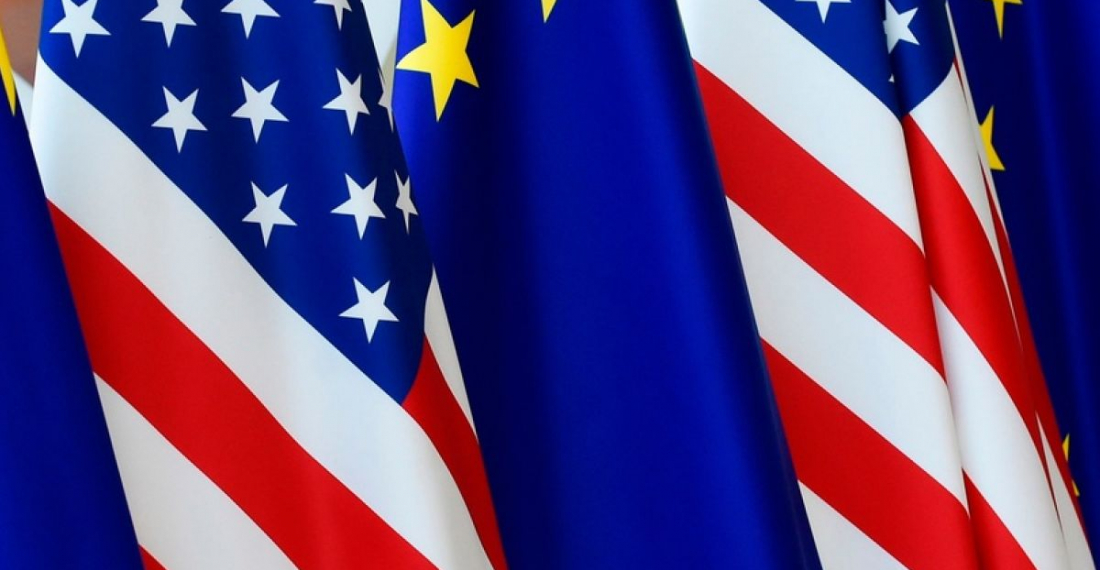US president -elect, Joe Biden, on Monday (23 November) spoke on the phone with European Union leaders to highlight the importance of the transatlantic relationship.
Biden spoke with European Council president Charles Michel, and with European Commission president Ursula von der Leyen.
A read out of the telephone conversation between Michel and Biden on the website of the European Council says that Michel "proposed to rebuild a strong transatlantic alliance based on common interests and shared values. He welcomed the strong commitment of the President-elect Biden to America’s allies and his support for European cooperation.
Michel also invited the President-elect to a special meeting with the members of the European Council in Brussels in 2021 to discuss shared priorities.
"The EU stands ready to tackle together with the US today's pressing challenges: the COVID-19 pandemic, economic recovery, climate change, security, and multilateralism."
Michel added,
“Now is the time to join forces. In a changing world, our partnership will be more important than ever to protect our citizens, relaunch our economies, stop global warming and create a safer world. The EU and the US will always have more impact when taking steps together.”
President Michel also thanked the President-elect for his clear support regarding the implementation of the Withdrawal Agreement the EU concluded with the UK last year. This agreement preserves peace and stability in Ireland and fully respects the Good Friday Agreement.
President-elect Biden on Monday also spoke on the phone with NATO Secretary General, Jens Stoltenberg.
I just spoke to @JoeBiden and congratulated him on his election as the next US President. I look forward to working with him to further strengthen #NATO as the cornerstone of our collective security. https://t.co/GcRVjRQSzQ
— Jens Stoltenberg (@jensstoltenberg) November 23, 2020
Also on Monday, Biden announced the names of the key members of his foreign policy team. French speaking Europhile and Francophile, Antony Blinken, is the new Secretary of State designate.






